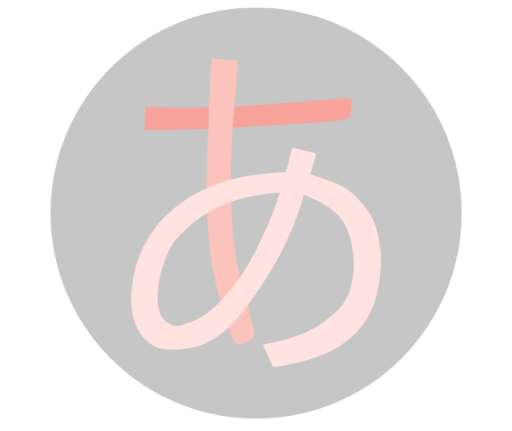
Free Japanese Quiz
for Beginners
dependent clause
29-2
Noun Clause

Grammar
Noun Clause
Noun modifiers
あの ほん
( that book )
わたしの ほん
( my book )
むずかしい ほん
( a difficult book )
Noun-modifying clause
A noun-modifying clause is not a sentence. It is a clause that modifies the noun, no matter how long.
A subject in a noun-modifying clause is marked by “が” not “は”. A verb is used in its Plain Form, not Polite Form.
わたしが いま よんでいる ほん
( a book that I am reading now )
note
A noun-modifying clause can be used as a subject or object or other pieces, in a sentence.
Subject
サングラスを かけている おとこのひと は、じろうです。( A man who is wearing sunglasses is Jiro. )
Object
わたしは エマさんが やいた ケーキ を もらいました。
( I got a cake that Emma baked. )
Other
わたしたちは じろうが よく いく カフェ に いきました。
( We went to a cafe that Jiro often visits. )
If the subject in main clause is same as the subject in noun clause, you should take it off the subject from noun clause.
わたしは わたしが きのう かった シャツ を きています。
( I’m wearing a shirt that I bought yesterday. )
1. Who is the man wearing glasses?
2. The bus that is stopping over there is bound for Shibuya.
3. I ordered the dishes that Mr.Suzuki always orders.
to order : ちゅうもん します
4. I forgot my hat at the cafe that I visited yesterday with my friend.
link
Japanese broadcasting station, NHK site helps you to learn Hiragana, Katakana, and Kanji.

